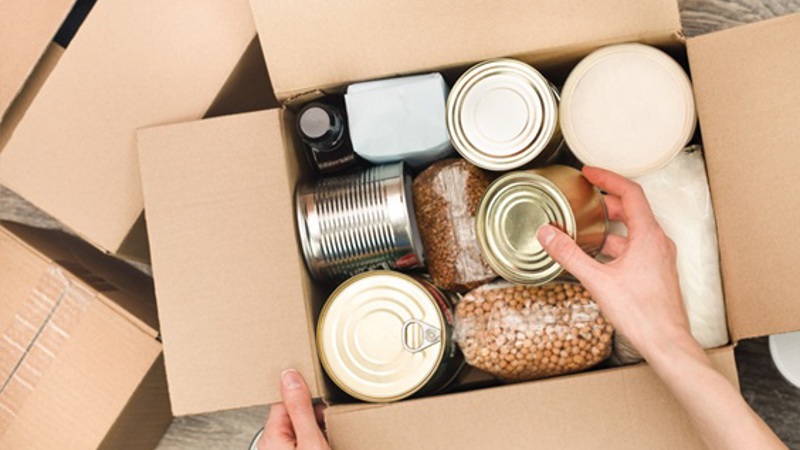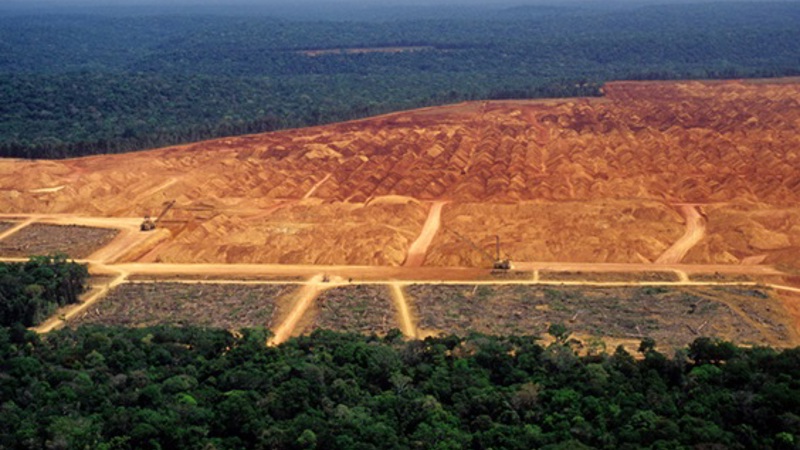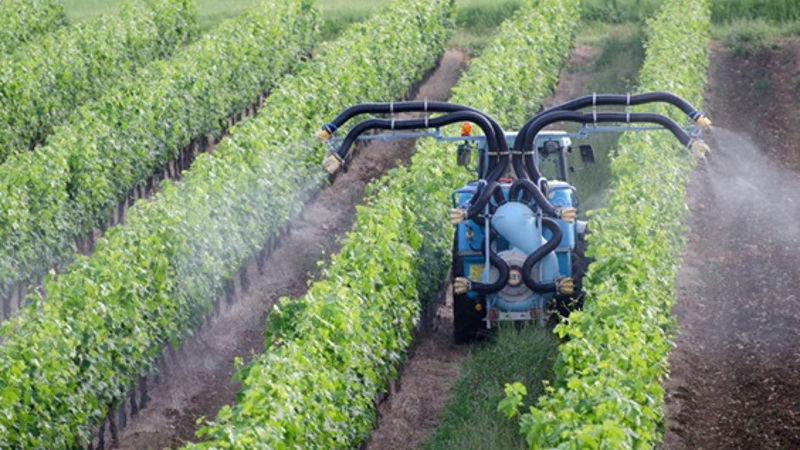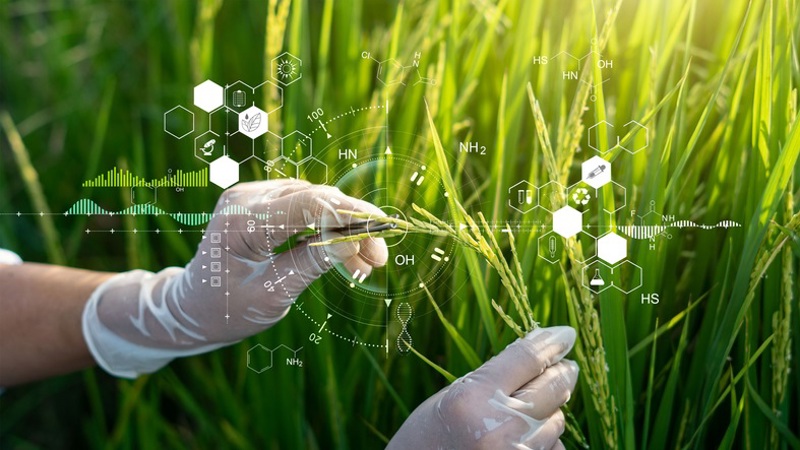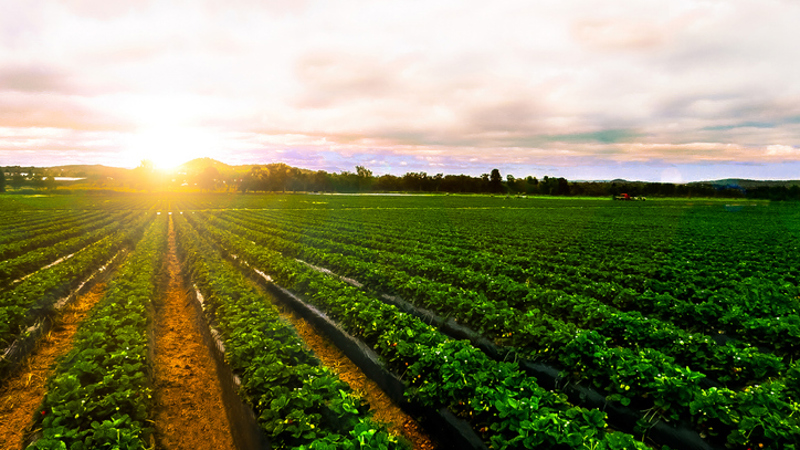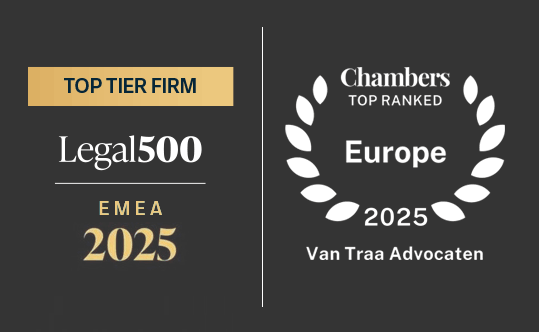Food safety compliance for food traders
December 2022
We encounter it quite often that traders in foodstuffs are not aware of the extensive food safety rules that apply to them. ‘We are not a producer’, ‘We don’t come in contact with the foodstuffs’ or ‘We are merely traders’. However, certain obligations apply to all food business operators. As the contractual and public law risks from non-compliance and incidents are significant, and the Dutch authorities are focusing more and more on these ‘middlemen’, it is time to provide an overview of the most important food safety rules for traders in foodstuffs.
Food safety compliance; general duties
The food sector is one of the most regulated sectors in Europe. The regulation follows mostly from dozens of EU Regulations and Directives, with the General Food and Feed Safety Regulation (EU) 178/2002 and the Food (of animal origin) Hygiene Regulations (EU) 852/2004 and 853/2004 at its basis. These rules are embedded in Dutch national regulations, mostly via the Commodities Act (Warenwet) and the Animals Act (Wet dieren).
The EU and national food safety rules contain various duties of care that are applicable to any food business operator who is carrying out any activities related to any stage of production, processing and distribution of food. This includes traders or storage and logistic providers as well. This is everyone - from farm to fork - who deals with food.
Of course, not all rules apply to them, but at least some general duties of care do. The most important rules relate to the placing on the market of safe food (art. 14 Regulation (EU) 178/2002), verification of food compliance (art. 17 Regulation (EU) 178/2002), traceability within 4 hours (art. 18 Regulation (EU) 178/2002), and adequate incident management (art. 19 Regulation (EU) 178/2002). Furthermore, pursuant to the Food (of animal origin) Hygiene Regulations (EU) 852/2004 and 853/2004, most food business operators need to be registered or acknowledged by the competent authorities and have to incorporate a so-called HACCP-plan in their organisation.[1] Especially when trading in fresh products like meats or dairy, a plan needs to hold a detailed set out of specific hygiene measures, such as compliance with microbiological criteria for foodstuffs; compliance with temperature control requirements for foodstuffs; maintenance of the cold chain; and regular sampling and analysis to verify the foodstuffs comply with the specific regulations regarding for example: microbiology, contaminations, residues, expiration dates, food contact materials or labelling.
To be able to fully understand risks associated with the specific food business, incorporate adequate food compliance measures, deal with incidents and audits, and the quickly changing legislation, large food business operators will have dedicated infrastructure, existing of internal or external food safety personnel like QHSE-specialists or QA-managers, specific software, commercial auditing companies etc. Therefore, these often take care of drafting and implementing the HACCP plan.
Complaint and incident management
Although good compliance and reliable supply chains can prevent complaints and incidents, it happens regularly that a food business operator needs to deal with complaints and incidents caused by a cause outside of its organisation. Every food business operator has its own responsibility under the food safety regulations. Although contractual agreements are essential to handle the (financial) consequences of an incident, from a regulatory perspective a food safety operator will need to take measures, independent of the source or cause of the incident. Pursuant to the EU and national food safety regulations, food business operators need at least:
- maintain a system of official controls, including public communication on food and feed safety and risk, food and feed safety surveillance and other monitoring activities covering all stages of production, processing and distribution (art. 17 Regulation (EU) 178/2002);
- be able to provide traceability-information ‘one-step-back’ and ‘one-step-forward’ within 4 hours (art. 18 Regulation (EU) 178/2002);
- take measures if the food business operator considers or has reason to believe a food might be non-compliant or hazardous, which might include public or silent recalls (art. 19 Regulation (EU). These measures will need to be officially notified to the competent authorities (in the Netherlands: the Dutch food and commodities authority, hereinafter: NVWA) within 4 hours as well.
Required governmental approvals
Which governmental approvals (however named) are required depends highly on the activities and role of the food business operator and the product involved. Most companies dealing with foodstuffs will at least need to have a registration with the competent authorities (NVWA) based on art. 5 Food Hygiene Regulations (EU) 852/2004, whereas food companies dealing with products of animal origin will most likely need to be acknowledged pursuant to Regulation EU) 853/2004. Sometimes specific products will require specific approvals, such as organic foodstuffs, meats from endangered species or from specific origins dealing with certain animal diseases.
Supervision and enforcement climate
Supervision and enforcement of compliance with the applicable conventional food safety legislation is in the hands of Dutch (NVWA) and European food safety authorities. There is no regular system of inspections; the authorities usually come on a random basis, or following incident or complaints. As the Dutch authorities have limited manpower, recently the focus of their supervisory inspections is mainly on ‘chain responsibility’ and “being in control” of the food business operators, is our experience. In particular we have seen a rise in inspection on traders as they usually form the center of a chain of suppliers. If non-compliance issues are found authorities usually start with warnings and small fines, and intensify the enforcement in case if the company lacks to take (timely) measures. Ultimately enforcement of food compliance can take form of (temporarily) shutting down business, punitive enforcement including fines up to 10% of the annual income, and prosecution of individual directors of breaches.
Effect on insurance and contractual conditions
As a food business operator can be held publicly responsible to take extensive and costly measures or be privately liable for the costs of (personal) damages, rejection by authorities of product or product recalls, even though he is not to blame, it is important to understand the (financial) risk and appropriately deal with that, either by: a) contractual arrangements (mind in particular consequential damage clauses, limitation of liability clauses, exonerations, arbitration clauses and contractual complaint terms) or b) adequate (recall) insurance.
* * *
[1] HACCP is a risk assessment for food and stands for Hazard Analysis and Critical Control Points. Companies that produce or process food must describe potential risks related to food processing and food safety in a food safety plan.


